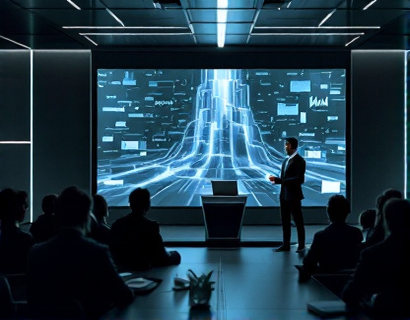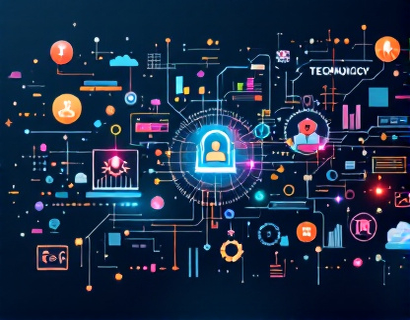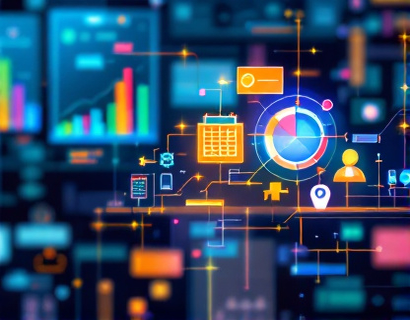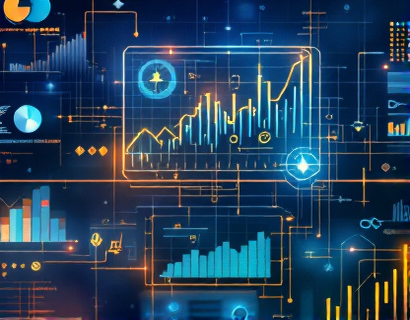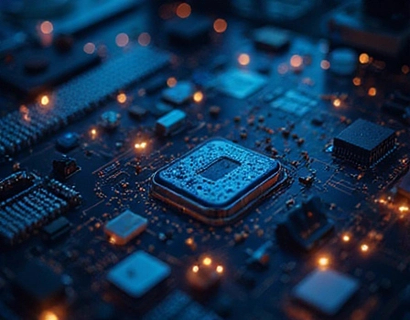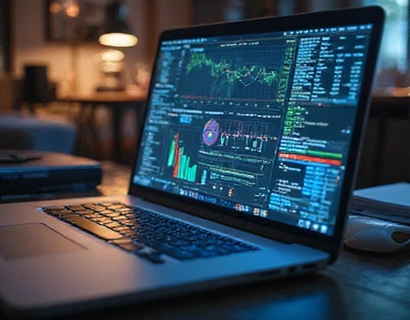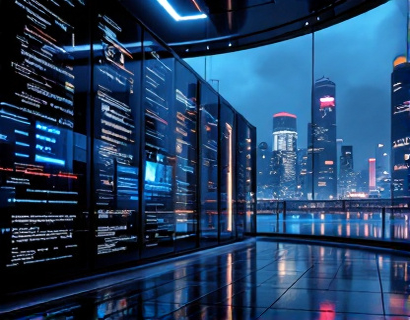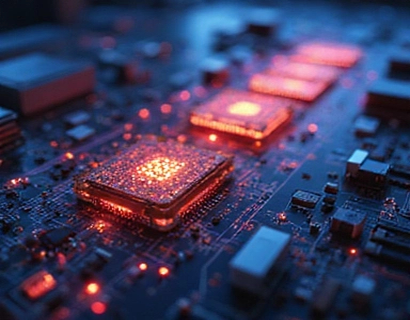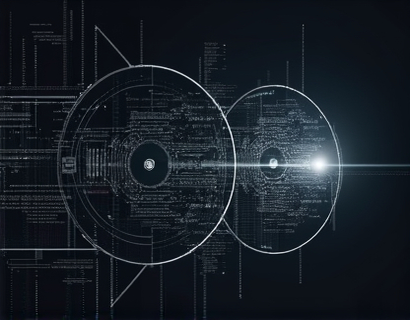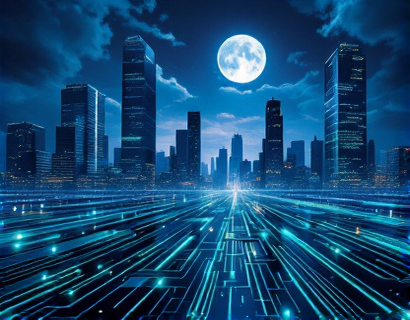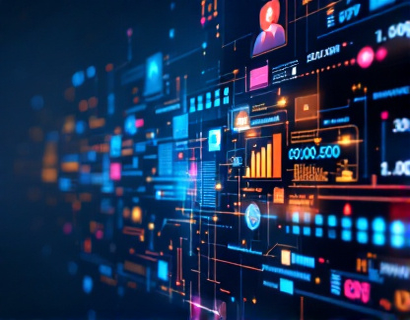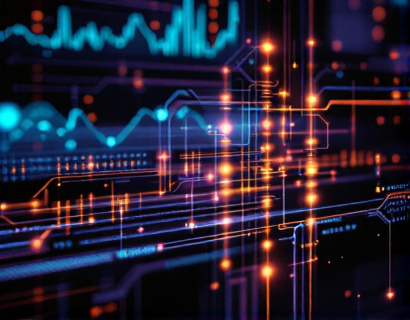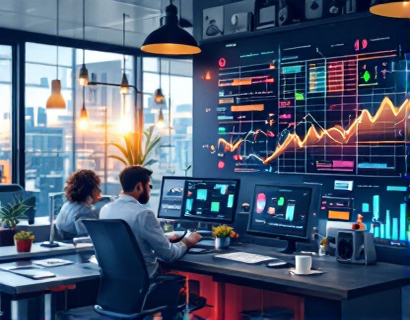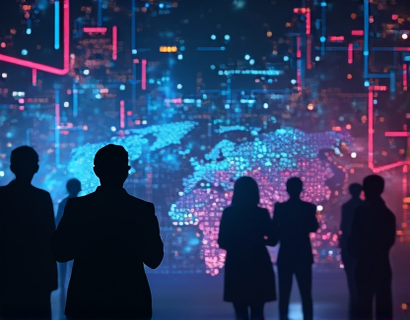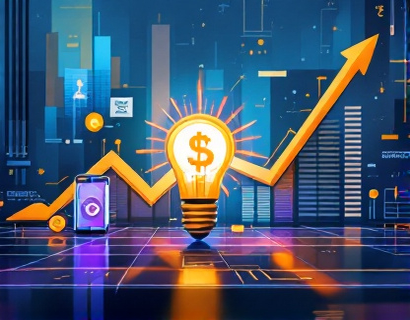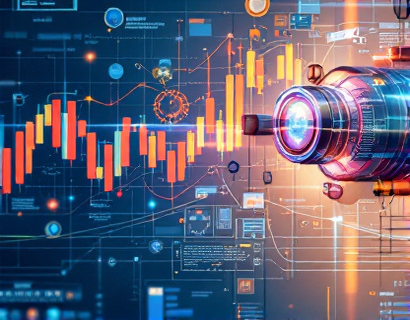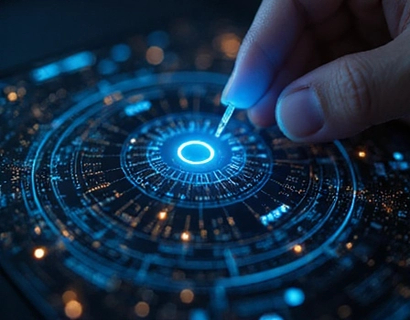Decentralized Transformation: Empowering the Future with AI and Crypto
The world is on the cusp of a profound transformation driven by the convergence of artificial intelligence and cryptocurrency. This shift marks the beginning of a new digital era, one where decentralized systems powered by AI and blockchain technology are redefining how we interact, transact, and innovate. This article delves into the intricacies of this transformation, exploring how AI and crypto are not just technologies but catalysts for a more inclusive, efficient, and secure digital future.
The Rise of Decentralized Systems
Decentralization has long been a dream for technologists and activists alike, promising a shift away from centralized control to a more democratic and resilient digital landscape. Traditional centralized systems, while efficient in certain aspects, are vulnerable to single points of failure, censorship, and manipulation. Decentralized systems, on the other hand, distribute control across a network, enhancing security and reducing the risk of systemic failures.
The advent of blockchain technology has been instrumental in making decentralization a reality. Blockchain's inherent properties of transparency, immutability, and decentralization have opened up new possibilities for various industries, from finance to supply chain management. However, the true potential of decentralization is being further amplified by the integration of artificial intelligence.
AI in Decentralized Ecosystems
Artificial intelligence brings a new dimension to decentralized systems, enhancing their capabilities and efficiency. AI algorithms can process vast amounts of data, identify patterns, and make predictions, all of which are crucial for the optimal functioning of decentralized networks. In a decentralized context, AI can be used for a variety of purposes, including smart contract execution, data verification, and automated decision-making.
One of the most significant applications of AI in decentralized systems is in the realm of smart contracts. Smart contracts are self-executing contracts with the terms of the agreement directly written into code. AI can enhance smart contracts by enabling more complex and dynamic logic, improving the accuracy of predictions, and ensuring that contracts adapt to changing conditions in real-time. This not only increases the reliability of smart contracts but also broadens their applicability across various domains.
Enhancing Security and Trust
Security and trust are paramount in any digital system, and the combination of AI and decentralization offers robust solutions to these challenges. Traditional centralized systems are often targets for cyberattacks, as they present a single point of vulnerability. Decentralized systems, by distributing data and control, reduce this risk. AI further strengthens security by enabling real-time threat detection and response.
AI-powered security solutions can monitor network activity, identify anomalies, and predict potential attacks before they occur. Machine learning algorithms can adapt to new threats, continuously improving the security posture of decentralized networks. Additionally, AI can enhance the verification processes in decentralized systems, ensuring that transactions and data are authentic and tamper-proof. This dual approach of decentralization and AI creates a highly secure and trustworthy environment.
Improving User Experience and Accessibility
The integration of AI and decentralization is not only about security and efficiency; it's also about enhancing the user experience and making technology more accessible. Decentralized applications (dApps) powered by AI can offer personalized and intuitive interfaces, adapting to user preferences and behaviors. This personalization enhances user engagement and satisfaction, making digital services more user-friendly and accessible to a broader audience.
Moreover, decentralized platforms can democratize access to technology, reducing the barriers imposed by centralized entities. Users in regions with limited internet access or under surveillance can benefit from decentralized services that operate independently of central authorities. AI can further facilitate this by providing multilingual support, accessibility features, and tailored content, ensuring that everyone can participate in the digital economy.
Innovation and Economic Empowerment
The synergy between AI and decentralization is a fertile ground for innovation, leading to the creation of new economic models and opportunities. Decentralized finance (DeFi) is a prime example, where AI-driven algorithms can optimize trading strategies, manage risks, and provide personalized financial services. These services are accessible to anyone with an internet connection, leveling the playing field and empowering individuals who were previously excluded from traditional financial systems.
Beyond finance, the combination of AI and decentralization is transforming industries such as healthcare, supply chain, and entertainment. In healthcare, AI can analyze medical data stored on decentralized blockchains to provide accurate diagnoses and personalized treatment plans. In supply chain management, AI can optimize logistics and ensure transparency, while decentralization ensures that data is secure and tamper-proof. These innovations not only drive economic growth but also create new job opportunities and foster entrepreneurship.
Challenges and Considerations
While the potential of AI and decentralization is immense, there are several challenges that need to be addressed to fully realize this vision. One of the primary concerns is scalability. Current blockchain technologies face limitations in terms of transaction throughput and processing speed, which can hinder the widespread adoption of decentralized applications. Research into more efficient consensus mechanisms and layer 2 solutions is crucial to overcoming these scalability issues.
Another challenge is the regulatory landscape. The intersection of AI and decentralization operates in a relatively uncharted legal territory, with varying regulations across different jurisdictions. Clear and supportive policies are needed to foster innovation while ensuring consumer protection and preventing misuse. Collaboration between technologists, policymakers, and industry stakeholders is essential to navigate these regulatory challenges.
Privacy is also a critical concern. While decentralization and AI can enhance security, they also raise questions about data privacy and user consent. Implementing robust privacy-preserving techniques, such as zero-knowledge proofs and homomorphic encryption, is vital to maintaining user trust and compliance with data protection regulations.
The Future Landscape
As AI and decentralization continue to evolve, the future landscape promises even more exciting developments. The integration of edge computing with decentralized networks can further enhance performance and reduce latency, making real-time applications more feasible. Quantum computing, though still in its infancy, has the potential to revolutionize both AI and blockchain, opening up new possibilities for computation and security.
The adoption of AI and decentralization is not limited to technology sectors; it is a transformative force that can reshape society as a whole. From governance and voting systems to education and civic engagement, the principles of decentralization and AI can promote transparency, accountability, and inclusivity. As more individuals and organizations embrace these technologies, we can expect a more equitable and resilient digital world.
In conclusion, the convergence of AI and decentralization represents a pivotal moment in the evolution of digital technology. By harnessing the strengths of both, we can build a future that is more secure, efficient, and empowering. The journey ahead is complex and challenging, but the potential rewards are immense. Join the movement towards a decentralized and AI-driven future, where innovation knows no bounds and the possibilities are endless.






